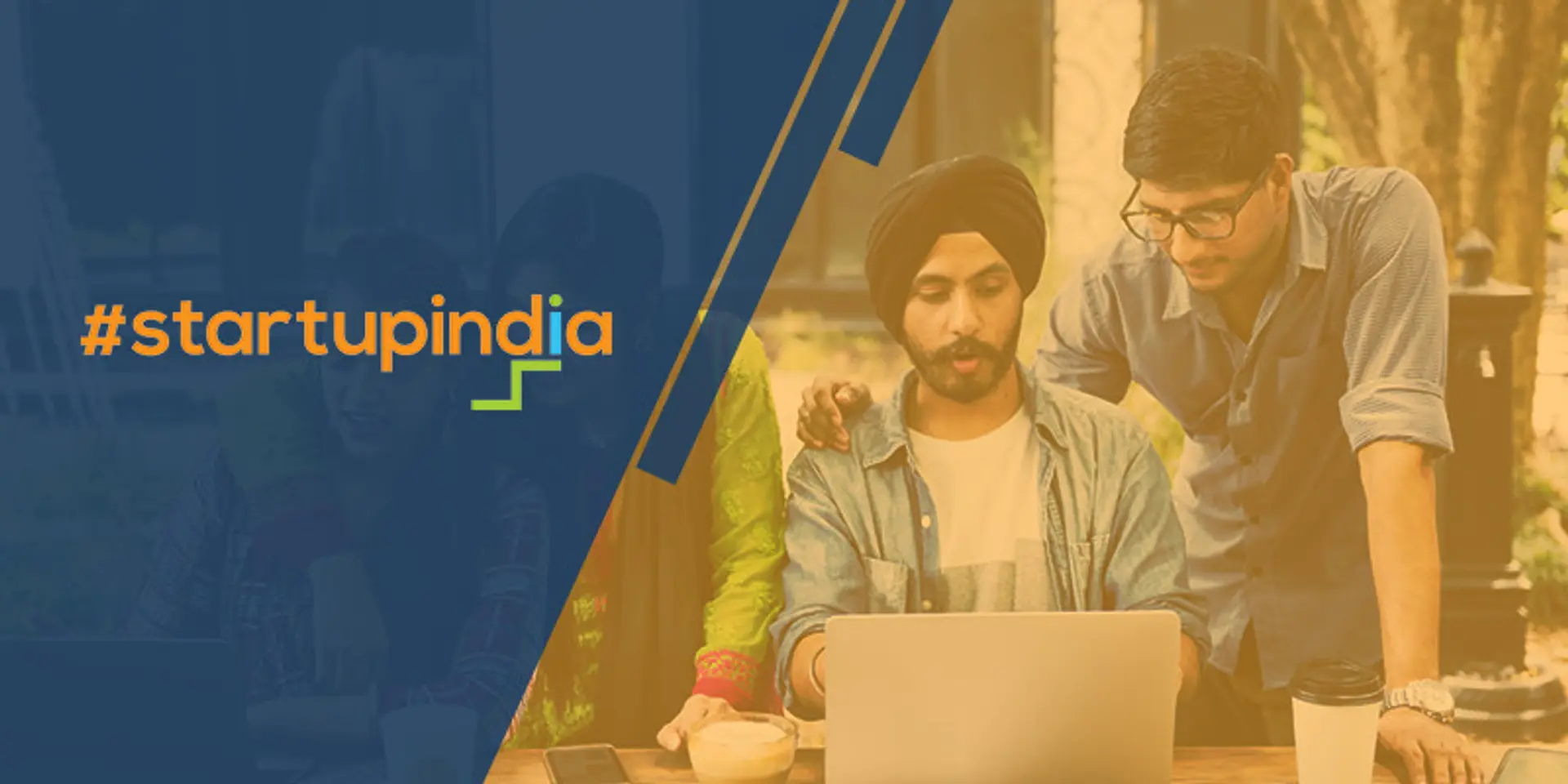With 32K registered users a month, the Startup India Learning Programme aims to make entrepreneurship resources accessible to beginners
Thirty-two thousand users from 600 Indian cities and over 30 countries. These are the numbers chalked up by the Startup India Learning Programme in just a month since it was launched. The free online entrepreneurship programme, a joint initiative by UpGrad, InvestIndia, and the Ministry of Industry and Commerce, is aimed at aspiring and emerging entrepreneurs, and helps them better understand basics such as idea validation, product-market-fit, financial, and legal and compliance guidelines. The programme also supports entrepreneurs by sharing detailed business plan templates and guidelines for company registrations, among others.

Talking about the partnership with UpGrad, Shailendra Singh, Joint Secretary, Department of Industrial Policy and Promotion, says, “UpGrad’s Learning and Development modules are well-suited to entrepreneurs who are just starting up or have entrepreneurial ambitions. This is a well-designed learning experience for entrepreneurs, and the certification issued by Startup India on completion of the course will add additional value.”
India’s startup ecosystem is also lending its support to the programme. Through Facebook Live Sessions and other initiatives, startup juggernauts are coming together to mentor aspiring entrepreneurs as part of the programme. In these sessions, industry experts will share real-life scenarios and challenges specific to building a venture in India.
Mayank Kumar, Co-Founder and MD, UpGrad, says, “These sessions will help aspiring and budding entrepreneurs to take into consideration the challenges, the opportunities, the hit and misses before starting a venture in a similar domain.”
“How did Rishi Malhotra come up with the idea of Saavn? How did Deep Kalra think about disrupting the entire travel industry (with MakeMyTrip)? What did these entrepreneurs do when they were faced with challenges? What were some of the mistakes they made? These and many more lessons will be critical for aspiring entrepreneurs to succeed,” says Mayank.
Making entrepreneurship lessons relevant
The programme has been designed with three key parameters – relevance to the Indian startup ecosystem, availability of a forum for peer networking where the participants can share queries and network with each other, and tangibility of learnings. Explaining the thought behind the structure of the four-week online learning programme, Singh says,
“A number of entrepreneurship programmes or learning material available today are US-centric. While it is important to get a global perspective with several startups trying to capture opportunities in local and hyper-local market before going global, it is key to have a strong understanding of the domestic scenario. Hence we created a programme relevant to the Indian ecosystem. We also roped in top Indian entrepreneurs to share their experiences and learnings and with budding.”
Explaining further, he adds: “The takeaways and learnings are only as good as their application. That’s why the programme has been designed to enable entrepreneurs to gain tangible insights that will take their ideas and ventures to the next level. With topics such as company registration, how to approach investors, and how to validate ideas, entrepreneurs will find it easier to address roadblocks in starting up.”
The opportunity to learn from real life successes and failures of top Indian entrepreneurs, understand concepts of entrepreneurship from academicians and industry experts, and enjoy structured learning through high definition video and audio has ensured that there is constant engagement for registered users. In fact, the discussion forums have an active user base of over 70 per cent.
All these have enabled the programme to inch closer to the target completion rate of 8-10 percent. “That is a good number for a start, considering that massive open online courses (MOOCs) usually achieve between 4-5 percent,” explains Mayank.
Expanding the scope of the programme
For now, the programme is available in two languages – Hindi and English. The Startup India Learning Programme team is also analysing data and user feedback to forecast demand in Indian languages. Singh says, “We hope to complete this exercise soon and if required, we will try to offer this programme in vernacular languages as well. We are looking at reaching Tier 2 and 3 cities and rural areas and offering the programme in Indian languages can help us here.”
The team has plans to identify relevant learning sources and make them available for entrepreneurs. There is a plan to offer mentorship to students based on their performance in the Startup India Learning Programme.
“There’s no reason why only people from Mumbai, Delhi or Bengaluru should launch successful businesses, just because they have access to the right resources. The larger idea of the Startup India Learning Programme is to make entrepreneurship more relevant for the masses,” sums up Singh.







